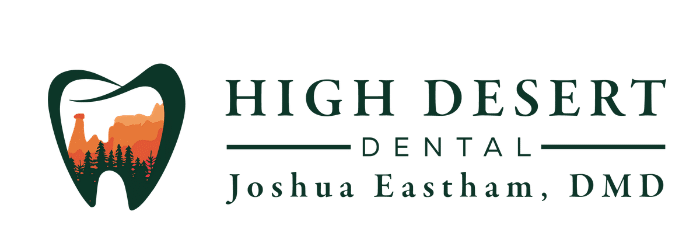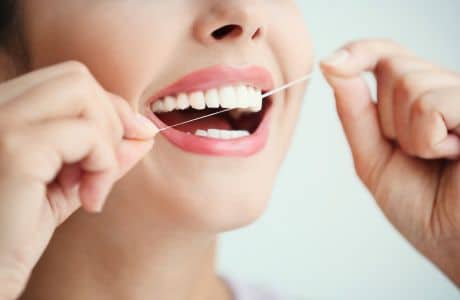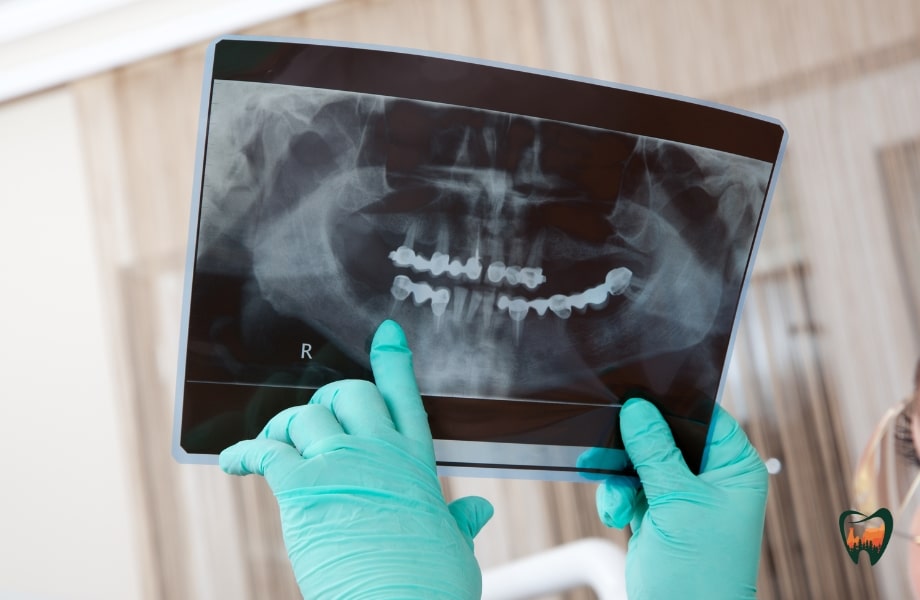Common Symptoms of an Infected Tooth

Top Signs You Need a Root Canal & How We Can Help

A tooth infection, also known as a dental abscess, is not something to take lightly. Left untreated, it can lead to severe pain, tooth loss, or even spread to other areas of the body. Understanding the signs of an infected tooth is crucial to getting timely treatment and protecting your oral health. At High Desert Dental, the best dentist in Grand Junction, CO, we’re committed to helping patients recognize the warning signs and get the care they need before the problem worsens.
What Causes a Tooth Infection?
A tooth infection occurs when bacteria enter the inner layers of the tooth, typically through untreated cavities, cracks, or gum disease. Once bacteria reach the pulp—the innermost part of the tooth that contains nerves and blood vessels—an infection can develop. If not treated quickly, it can spread to the surrounding tissues, jawbone, or even into the bloodstream.
Common Symptoms of an Infected Tooth
Here are the most common warning signs that could indicate a tooth infection:
1. Persistent Toothache
A throbbing or sharp pain in or around a tooth is often the first noticeable symptom. The pain may come and go or remain constant. It can also radiate to the jaw, neck, or ear. If you have a toothache that doesn’t go away, it’s important to contact the best dentist in Grand Junction, CO, for an evaluation.
2. Sensitivity to Hot and Cold
Infected teeth often become extremely sensitive to temperature changes. If sipping a hot coffee or eating ice cream causes intense discomfort, it could mean the nerves inside your tooth are inflamed due to infection.
3. Swelling in the Gums or Face
Facial swelling or puffy, red gums near a specific tooth can be a telltale sign of a dental abscess. In some cases, you may notice a visible lump or boil on your gums filled with pus. This is your body’s way of trying to isolate the infection.
4. Bad Taste or Smell in the Mouth
An infected tooth can produce pus that leaks into your mouth, causing a foul taste or bad breath. If you’re experiencing this along with other symptoms, it’s essential to seek dental care immediately.
5. Discolored or Darkened Tooth
As infection damages the pulp inside the tooth, it may start to look gray or darker than the surrounding teeth. Discoloration is often a sign that the nerve is dying and may require a root canal to save the tooth.
6. Fever or General Discomfort
A dental infection can trigger systemic symptoms like a fever, chills, swollen lymph nodes, and fatigue. These signs indicate the infection may be spreading beyond the tooth and require urgent attention.
What to Do If You Suspect a Tooth Infection
If you notice any of these symptoms, don’t wait. Prompt treatment is key to preventing complications. Here’s what you should do:
Contact High Desert Dental – The best dentist in Grand Junction, CO, can perform a thorough exam, take X-rays, and confirm whether a tooth is infected.
Take Over-the-Counter Pain Relievers – While waiting for your appointment, medications like ibuprofen can help manage discomfort and reduce inflammation.
Avoid Extreme Temperatures and Hard Foods – Stick to soft foods and lukewarm beverages to minimize pain and prevent further damage to the affected tooth.
Don’t Delay Treatment – Tooth infections will not heal on their own. They often require antibiotics, a root canal, or tooth extraction depending on the severity.
Treatment Options for Infected Teeth
Once diagnosed, our team at High Desert Dental will create a customized treatment plan that may include:
Antibiotics to eliminate the infection.
Root Canal Therapy to remove the infected pulp and save the tooth.
Tooth Extraction if the tooth is too damaged to be saved.
Dental Crown to restore strength and appearance after treatment.
Preventing Future Tooth Infections
Good oral hygiene and regular dental visits are your best defense. Here’s how to reduce your risk:
Brush twice a day with fluoride toothpaste
Floss daily to remove plaque and food particles
Avoid sugary snacks and drinks
Visit the best dentist in Grand Junction, CO, every six months for cleanings and exams
Trust High Desert Dental for Expert Care
At High Desert Dental, we’re here to help you maintain a healthy, pain-free smile. If you think you have an infected tooth or are experiencing any of the symptoms listed above, don’t wait to get the care you need. As the best dentist in Grand Junction, CO, our experienced team will provide compassionate, expert care to restore your oral health.
Schedule your appointment today and let us help you smile again—pain-free!










